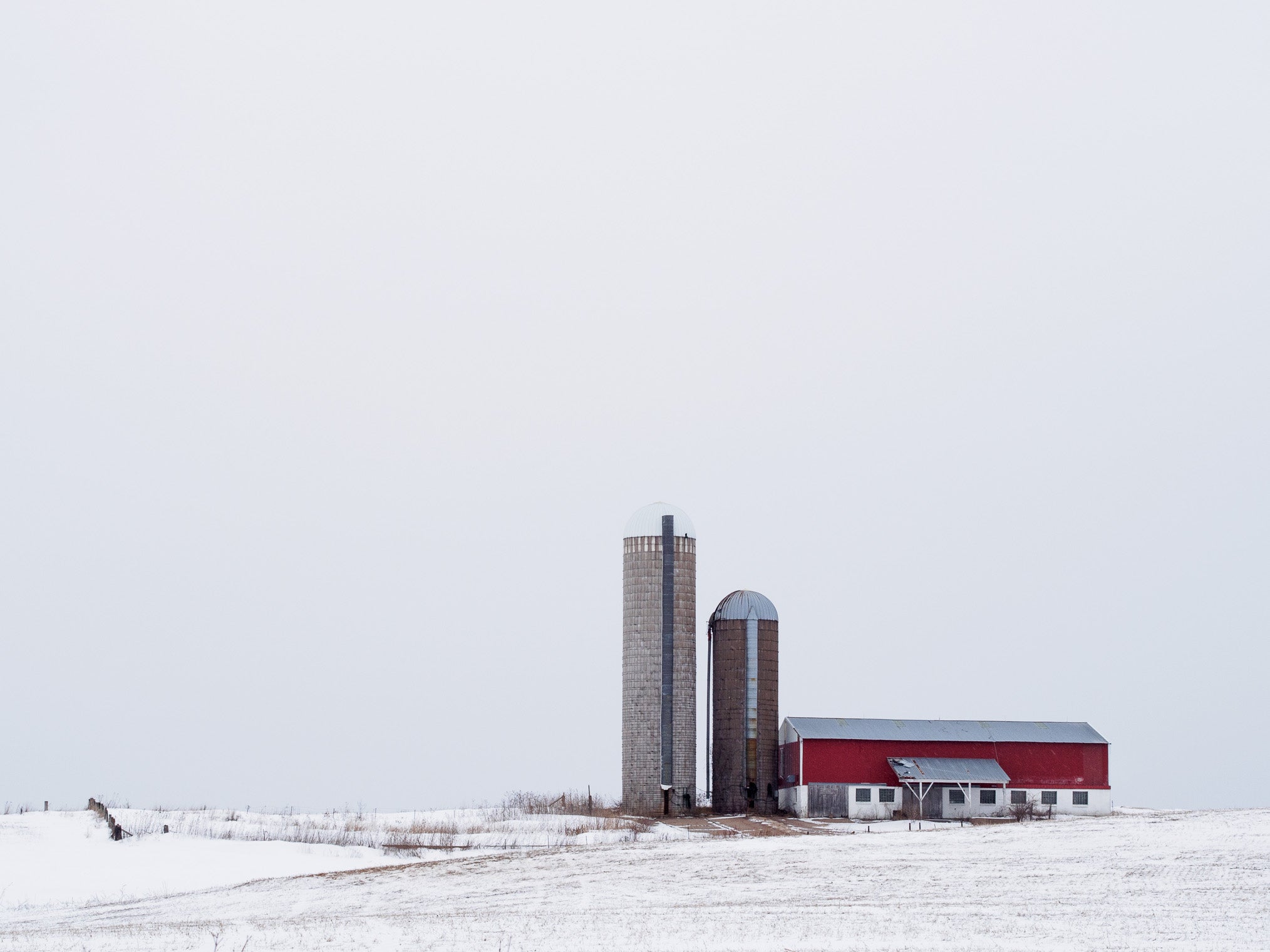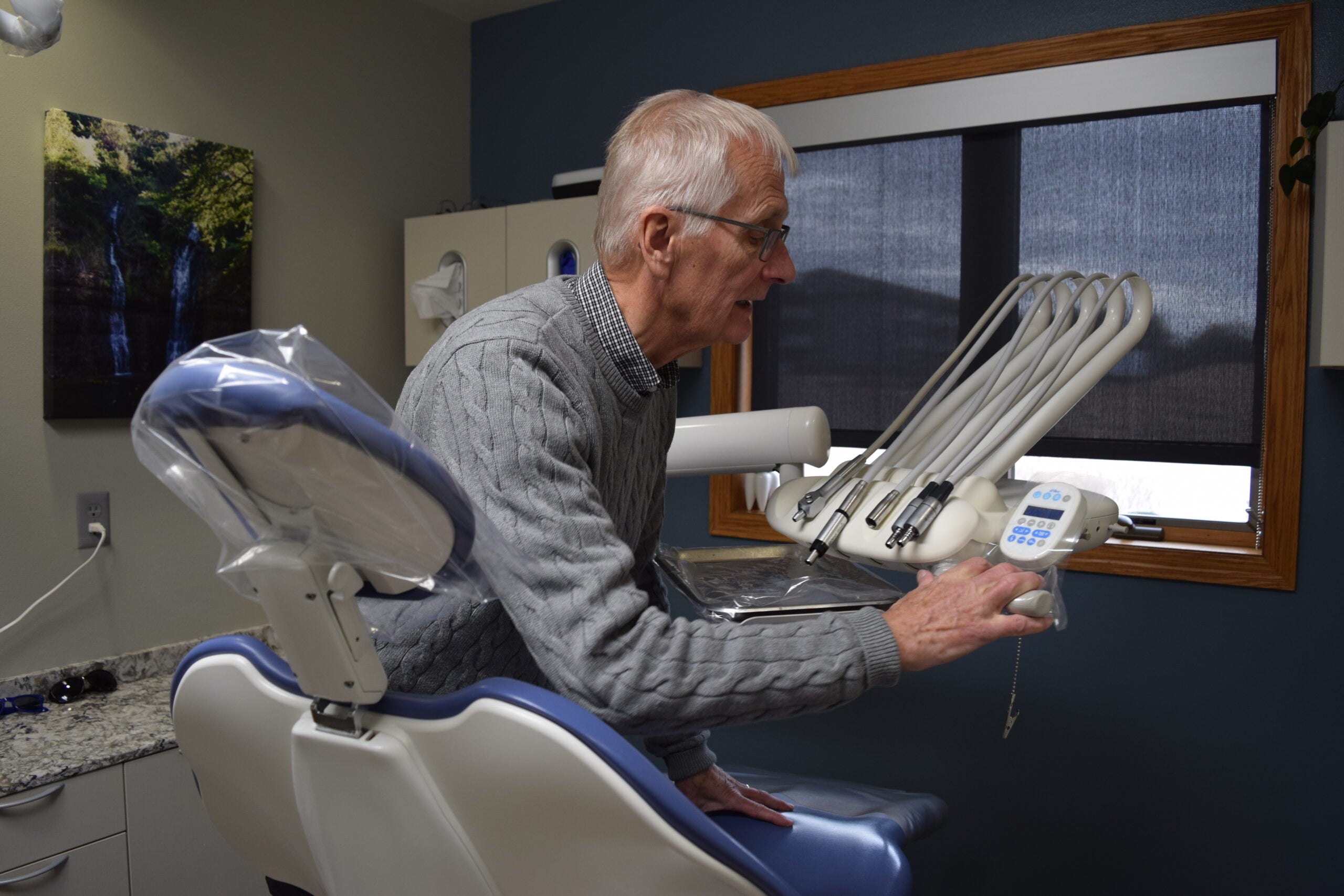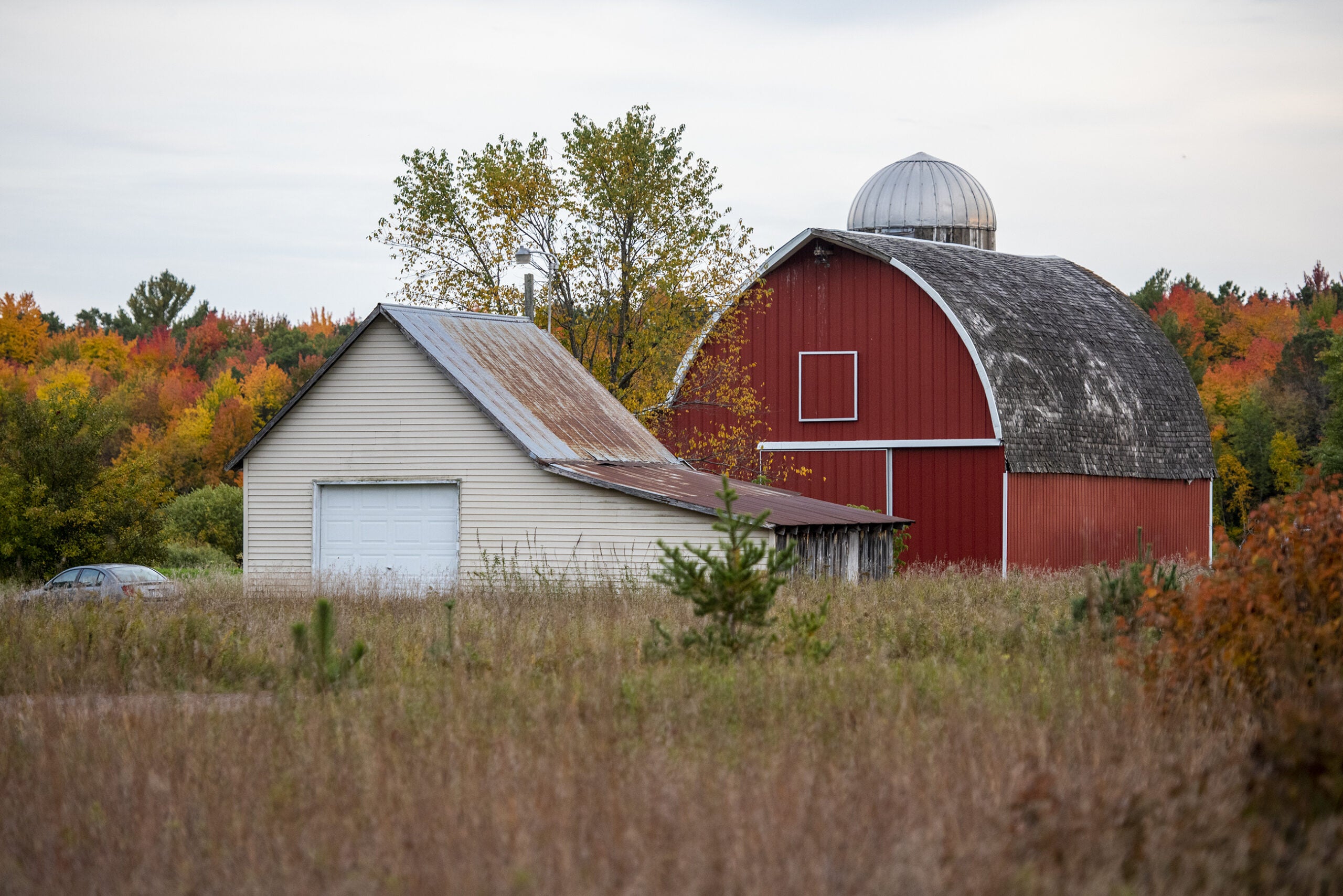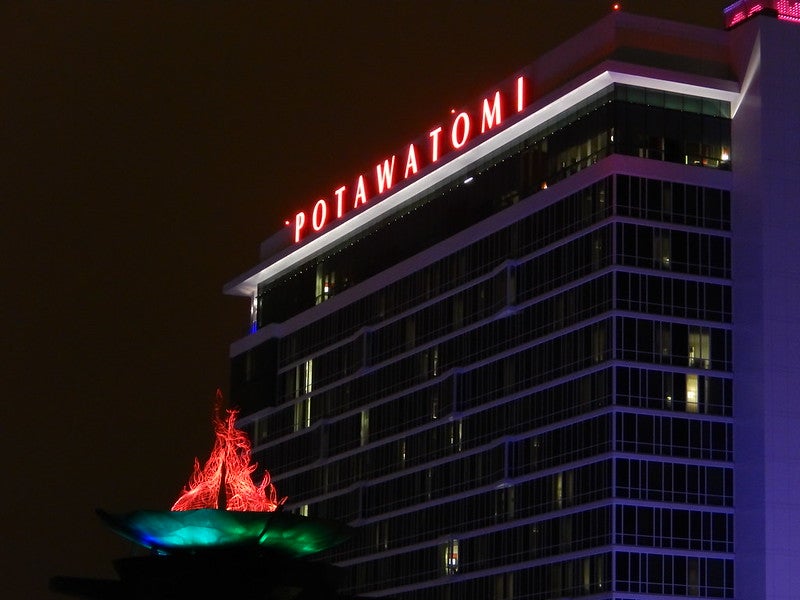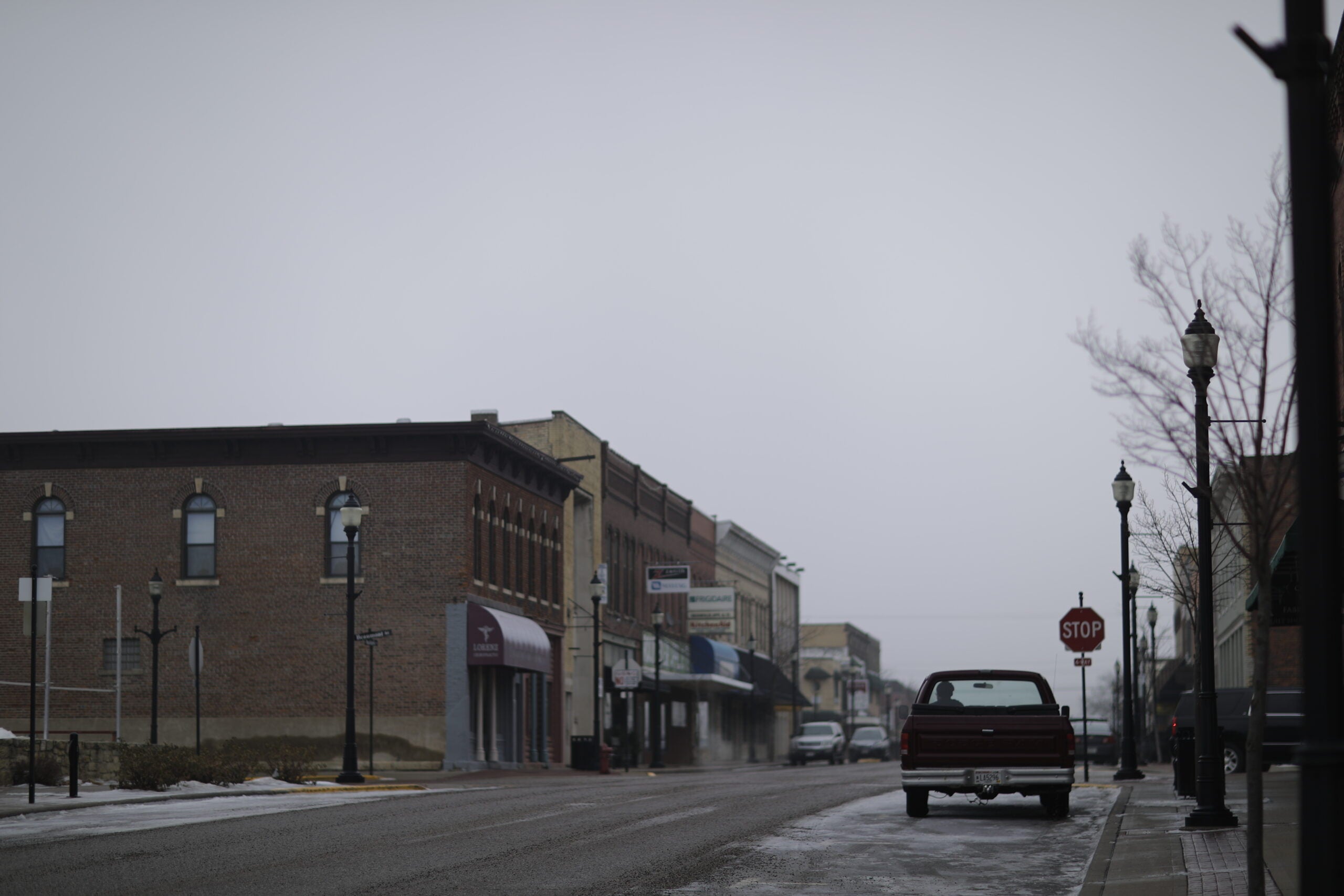The newly created Office of Rural Prosperity can boost economic opportunities outside of Wisconsin’s big cities — if it helps advance issues like housing, broadband and other challenges faced by workers and entrepreneurs in small communities.
That’s according to those who work in economic development for small cities, who this week offered reactions to the announcement of the new office by Gov. Tony Evers in his State of the State speech.
As part of a slate of policies aimed at helping Wisconsin farmers and rural communities, the governor said he’d work with the Wisconsin Economic Development Corp. (WEDC) to establish the office, which he called a “one-stop shop for folks to navigate state programs and resources tailored to rural communities, businesses and workers.”
Stay informed on the latest news
Sign up for WPR’s email newsletter.
Speaking on WPR’s “The Morning Show,” WEDC CEO Missy Hughes said her agency’s role will be “to be the funnel for those communities, so that they can access all the different resources” that exist for rural communities.
Kaelie Gomez, director of the Main Street Marshfield program, said there really is a need for help for new businesses in finding available grants and navigating other assistance programs.
“There are just so many resources out there, but businesses don’t have time to sort through everything,” Gomez said. “Part of our role is being able to identify what our community needs are and what our specific businesses’ needs may be, and trying to give them the best steps forward.”
Gomez said one thing that would help entrepreneurs would be training or assistance in connecting to online buyers. Not every business from rural Wisconsin, she said, aspires to connect with a broad online clientele. But she’s worked with some who do.
“They’re young in their careers. They’ve been online since before owning their own business, and they see what other people are doing and they want that for themselves,” Gomez said.
RELATED: Wisconsin Farmers Encouraged To Look To The Future Of Their Farms
Alan Christianson, who is mayor of the Northwoods city of Ladysmith, said he hopes to see a focus on rural workforce housing shortages come out of the efforts. That’s a challenge he sees holding back some employers.
“We struggle with having enough workforce housing available,” said Christianson, who also directs Ladysmith’s Main Street program. “It creates a bit of a void here.”
For Aimee Dickrell, director of Tomahawk Main Street, rural broadband expansion is a major issue for would-be startups.
“Broadband is definitely something we do not have a lot of options for here,” she said.
Dickrell said it will be important for the new office to work with existing programs within WEDC and other economic development agencies and serve to coordinate programs rather than seek to recreate assistance programs that already exist.
Christianson encouraged WEDC to locate the office outside of its Madison headquarters and in one of the state’s rural areas. He said he sees promise in the focus on rural prosperity as a way of addressing long-term economic and demographic challenges in his region, if it can “make it more economically feasible for (rural businesses) to continue … and allow others to enjoy the quality of life and the natural resources we have access to.”
Wisconsin Public Radio, © Copyright 2025, Board of Regents of the University of Wisconsin System and Wisconsin Educational Communications Board.

